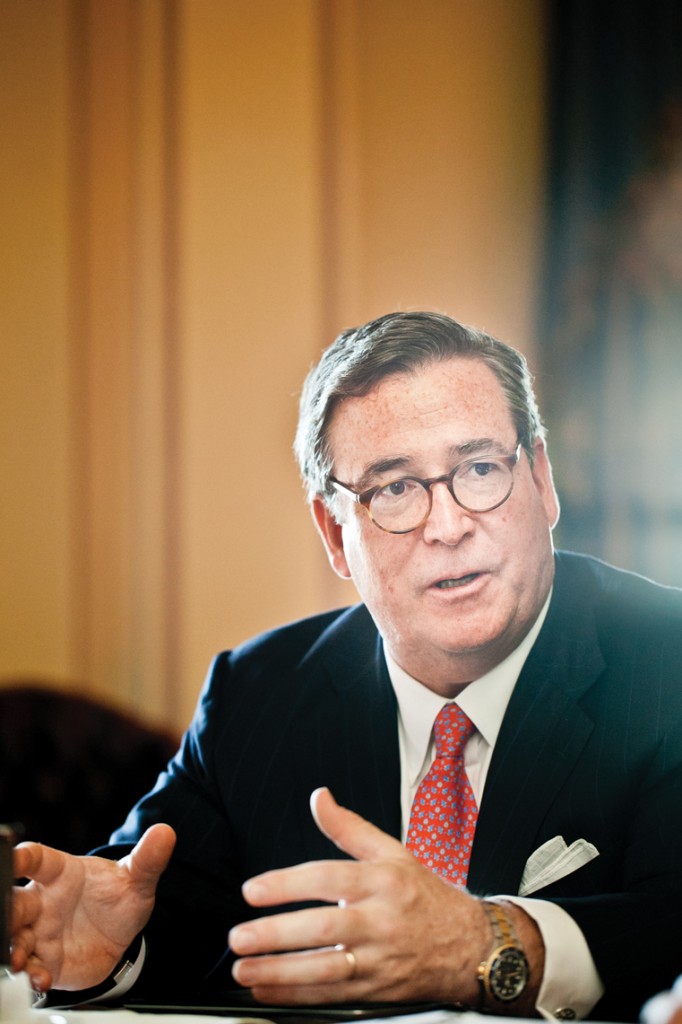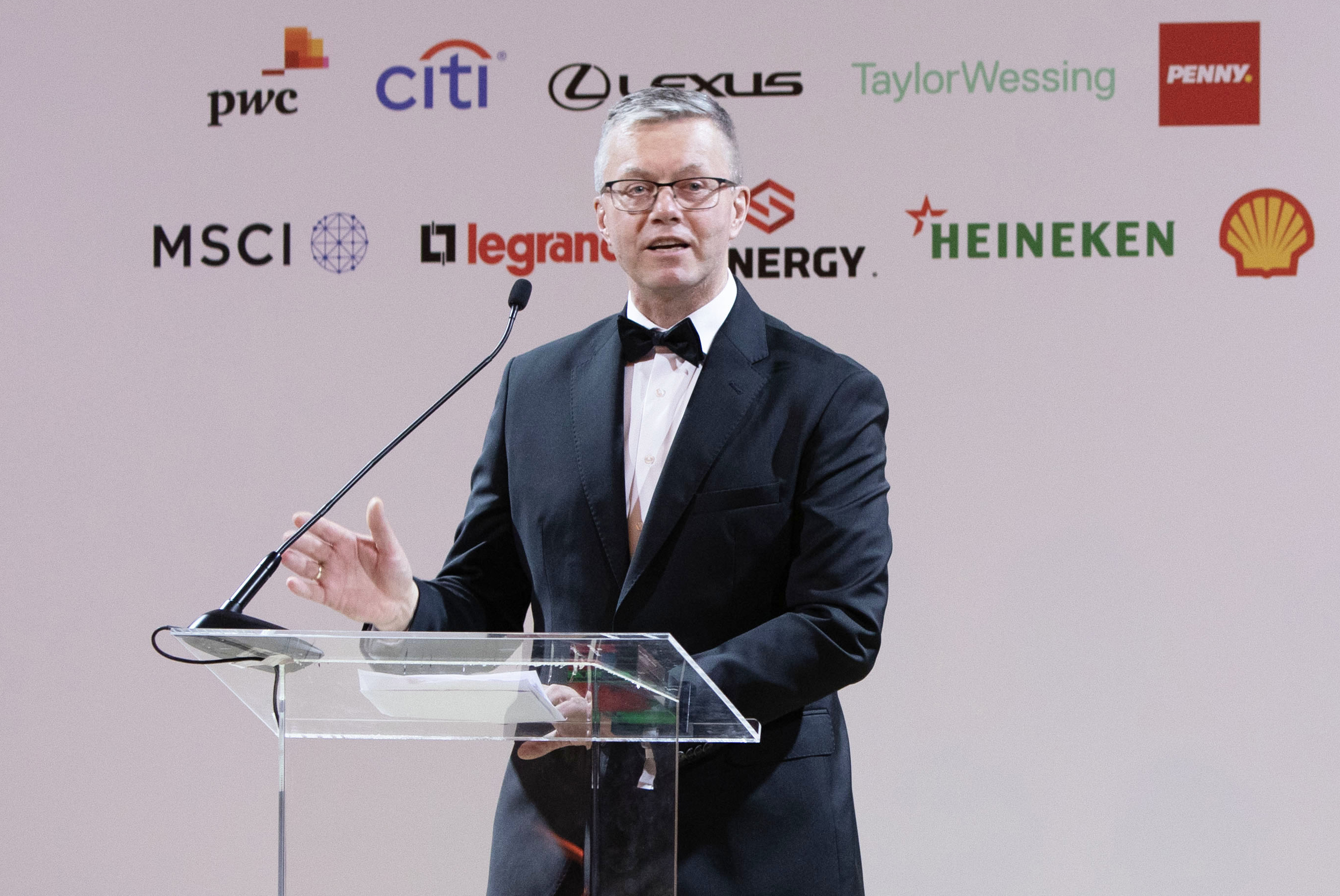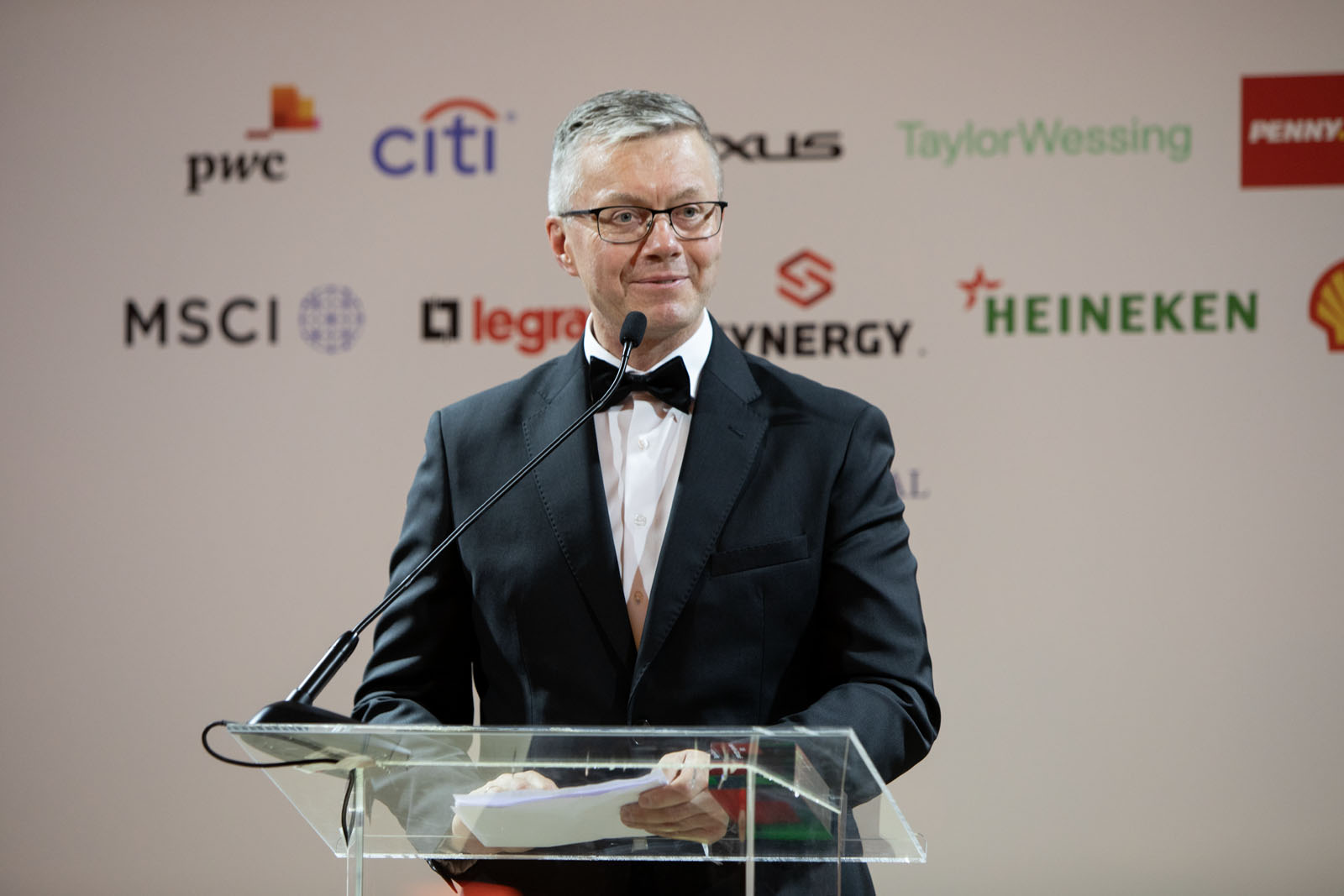Money going mobile

Citigroup has high hopes for the development of mobile technologies for the present, and especially the future of the banking industry, not to mention its operation in Hungary. The Budapest Business Journal spoke with Don Callahan, head of operations and technology for Citi about the outlooks for the global industry and the prospect of the Hungarian arm reaching a headcount of 1,000 or more.
As the supervisor of technological developments for Citi, which segment of your business do you see as the most crucial?
All areas. We have an institutional and also a consumer-oriented aim. Our focus on digital is equal for both. And the demand for this is clear on both sides.
Right now, we do a lot of business with CFOs of Fortune 500 companies. It all has to be secure. The movement and the management of their money is something that they want to be able to do anywhere in the world, securely. If they want to pick up a phone, or a tablet, or whatever the device, it should facilitate their unique needs.
Our Citi BE product, which stands for ‘banking evolution’, reached $1 billion in transactions last February, which I announced at a conference with fanfare, is you would. Turns out we ended the year with what I thought would be $12 billion, but it was actually more than $30 billion. We’re in line now to move over $100 billion in transaction value. This growing significance of mobile clearly shows one of the biggest and most important trends in the evolution of digital technologies in the financial sector.
How do you address security concerns? There’s still a perception that wired technology is more secure than wireless.
I don’t necessarily think that’s correct. You can get the degree of security in a mobile to be at par with what a wired connection offers. That said, it takes a lot of discipline in the development process to assure you’re keeping bank-grade quality. We have a special team to evaluate technologies that can be used for mobile and to be, as I say, “rigorized”, to address all possible security issues that may arise.
On the consumer side the demand from our customers is for them to be able to bank anywhere, anytime, on any device. We have to be forward in our thinking so we can anticipate what they’re looking for. Whatever the next device to be introduced to the market is, we have to make sure that Citi applications work immediately. So far we have a very good track record and we have received several accolades.
Are these newly developed products available in Hungary as well?
You may be surprised but in April we introduced our most cutting-edge consumer-end solution. We chose Hungary because the quality of the staff we have here allowed them to oversee a fair amount of the development but also to understand the unique requirements of this particular marketplace. They worked in cooperation with our teams in Jacksonville, Florida and in Singapore.
This was the first full-scale roll out of the product we call Rainbow in Europe. This product is unique to Citi in that it’s a global consumer platform. When completed, Citi will offer a common banking platform across the whole world.
We’re doing this not just because this is the right thing to do, but also because we think the world has gone flat, people move around and we want to be able to treat them with the same consistent service level wherever they go.
Why is this a novelty? It would seem logical to have a standardized system for a bank that has a global presence.
It would. But, most organizations have grown up over time and had different acquisitions and different platforms.
This is also good for Citi since it reduces everything to a common platform and brings greater simplicity. This allows us to keep up with the development of technology that is increasing with a startling velocity. If a new device appears, we want to be able to allow our customers to be able to use our application on it within a month. Since our product is device agnostic, we have the ability to do that.
This agility has become a core requirement. For instance, my children who are in their 20s don’t ask, they simply expect things to work and that is the general attitude globally. We have to be extremely responsive to this kind of demand.
When are you planning to complete the introduction of the platform?
We just started in Europe. My next stop will be in Poland. We’ll be working through Europe, we’ve completed most of Asia, and still have a few places to go. We have the first level across America. It’s going to be a multi-year effort, it already is. It’s a very ambitious effort but we think it’s going to give us a unique opportunity.
What are your plans for the future of your service center in Hungary?
Citi’s service center in Hungary has gradually increased its headcount over the course of several years from 80 to 900 and we are aiming to top 1,000 by the end of the year. We are looking to continue investing in this business model because we are extremely pleased by the quality of the talent and the education. We have a chance to be directly involved in the curriculum of the Corvinus University and we are able to work with the students and then recruit them. It is a very welcoming environment for us. Even once we reach 1,000 employees, we don’t see the need to stop
In general, how do you see the development of technological trends in the industry?
I think what’s happening is that you have a convergence of four things. When the Internet came along, it took four years to reach 50 million people. It’s a lot faster than radio, which took 38 years or television that took eight years. Facebook took less than a year. The world went social, there’s one. Two: big data. There is now a huge amount of data and more generated every year and you have to cross-reference it differently. Then there’s mobile. The fourth element that people don’t talk about much is information security. Understanding these elements is a huge opportunity for people to get right. Or not.
Don Callahan oversees operations and technology for Citi, which covers the development and introduction of new digital banking solutions. Prior to joining Citi, Callahan held executive posts at Credit Suisse, Morgan Stanley and IBM. Callahan received a B.A. in history from Manhattanville College.
SUPPORT THE BUDAPEST BUSINESS JOURNAL
Producing journalism that is worthy of the name is a costly business. For 27 years, the publishers, editors and reporters of the Budapest Business Journal have striven to bring you business news that works, information that you can trust, that is factual, accurate and presented without fear or favor.
Newspaper organizations across the globe have struggled to find a business model that allows them to continue to excel, without compromising their ability to perform. Most recently, some have experimented with the idea of involving their most important stakeholders, their readers.
We would like to offer that same opportunity to our readers. We would like to invite you to help us deliver the quality business journalism you require. Hit our Support the BBJ button and you can choose the how much and how often you send us your contributions.







